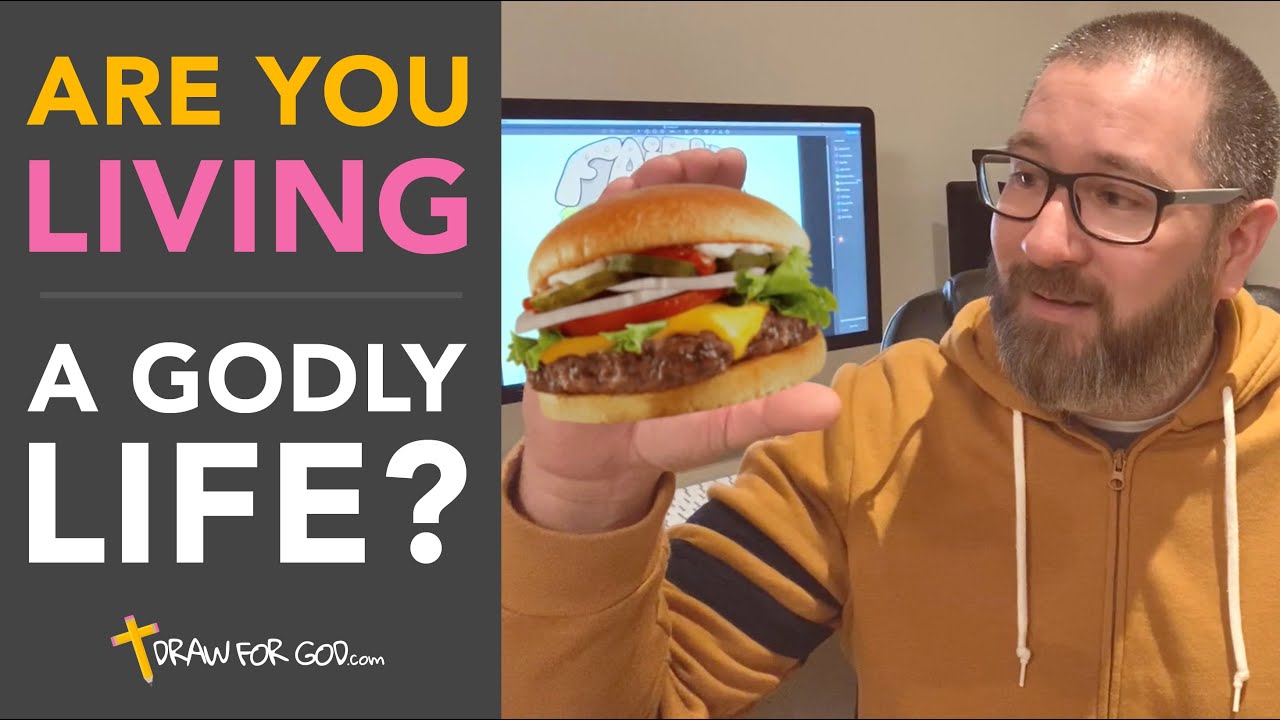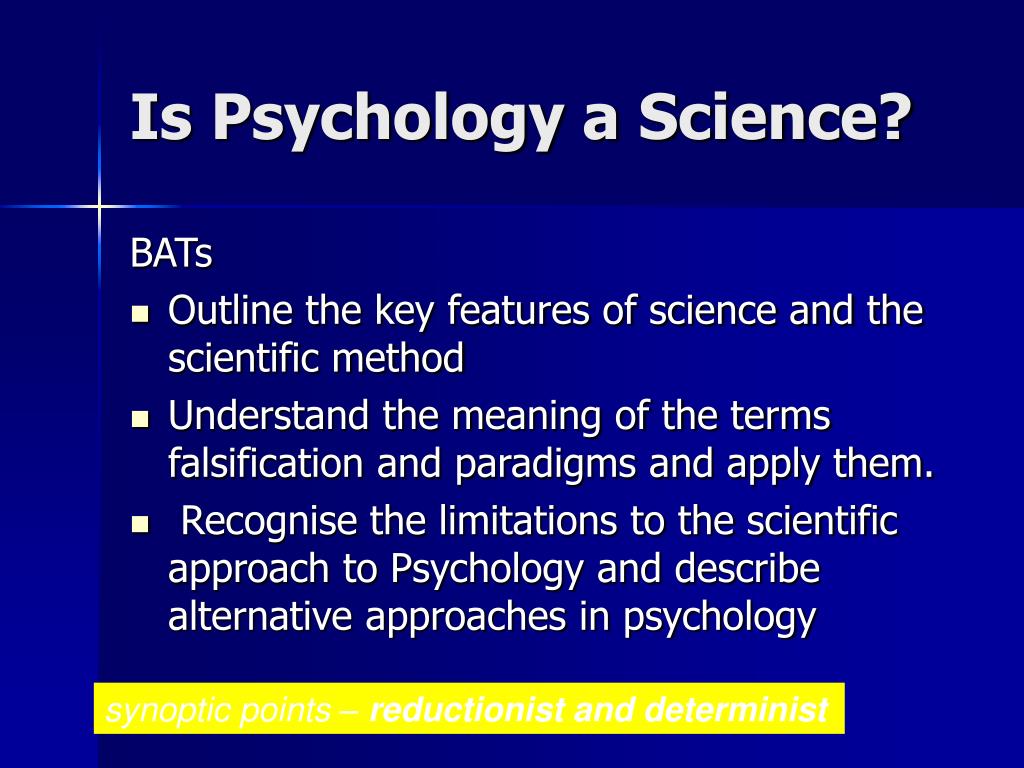Trusting People’s Actions: The Wisdom Behind Maya Angelou’s Famous Quote
The power of observe behavior: understanding Maya Angelou’s wisdom
” When people show you who they’re, believe them. ” These words, magnificently speak by poet and civil rights activist Maya Angelou, contain a profound truth about human interaction. This deceivingly simple statement offer life change wisdom about trust, relationships, and self-protection.
The quote remind us to pay attention to people’s actions kinda than their words. It’s not about cynicism or assume the worst in others. Rather, it’s about honor the truth that behavior reveal character more faithfully than promises or explanations always could.
Why actions speak louder than words
We have all hear that actions spealouder thanan words, but why’s this true? Words come easy. Anyone can make promises, offer apologies, or declare intentions. Actions, yet, require effort and reveal priorities.
When someone systematically arrive later despite promising punctuality, they’re show you something important. When a friend remembers your birthday year after year without reminders, that’s reveal overly. These patterns of behavior offer glimpses into a person’s true character.
Research in psychology support this wisdom. Studies show that past behavior predict future behavior more accurately than state intentions. This is why behavioral interviews have become standard practice in will hire processes – what people have really done reveals more than what they say they’ll do.
The cost of ignore red flags
Many of us have experienced the pain of ignore warning signs in relationships. We make excuses for others, will hopethey willl change or will convince ourselves that isolated incidents dowon’tepresent who they genuinely are.
This tendency to dismiss red flags frequently stem from:

Source: quotesoftheowl.com
- Wishful thinking and optimism
- Fear of conflict or abandonment
- Low self-esteem or feel undeserving of better treatment
- Attachment to our idea of who we want someone to be
The cost of this willful blindness can be severe. Toxic relationships drain our energy, damage our self-worth, and prevent us from form healthier connections. In professional contexts, ignore character flaws in colleagues or business partners can lead to betrayal, financial loss, or damage reputations.
Patterns versus isolated incidents
Believe people when they show you who they doesn’t mean write someone off after a single mistake. Everyone have bad days, make errors in judgment, or act out of character occasionally.
The key is distinguished between isolated incidents and patterns of behavior. A pattern reveal consistent character traits or values, while an isolated incident may merely reflect temporary circumstances or stress.
Consider these questions when evaluate behavior:
- Does this behavior happen repeatedly?
- Does the person take genuine responsibility when confronted?
- Do their actions align with their explanations or apologies?
- Does the behavior change after discussions, or do promises remain unfulfilled?
Patterns tell the truth. When someone repeatedly demonstrate the same behavior despite conversations, promises of change, or expressions of regret, they’re show you a core aspect of who they are.
The challenge of accept reality
One of the hardest parts of follow Angelou’s advice is accepted reality when idisappointsnt us. We form attachments to our hopes and expectations for others. Let go of these attachments can feel like grief.
This resistance to see people distinctly frequently come from our own needs and fears. We may need someone to be reliable because we depend on them. We might need a partner to be faithful because we’ve built a life unitedly. These needs to create powerful incentives to deny or minimize evidence that contradict what we want to believe.
Cognitive dissonance – the mental discomfort that occur when our beliefs clash with evidence – likewise play a role. Quite than revise our understanding of someone, we frequently dismiss contradictory information to maintain our exist view.
Apply this wisdom without become cynical
Believe people when they show you who they doesn’t mean become suspicious or expect the worst. In fact, this principle appappliesenly to positive revelations of character.
When someone systematically demonstrate kindness, integrity, or reliability, believe that excessively. Notice and appreciate people who:
- Show up systematically when they say they’ll
- Speak frankly yet when it’s difficult
- Treat others with respect disregardless of status
- Take responsibility for mistakes without defensiveness
- Support your goals and celebrate your successes
These positive patterns deserve your trust exactly as negative patterns warrant your caution. The wisdom lie in see people intelligibly – both their strengths and limitations – kinda than view them through the lens of what you wish them to be.
Set boundaries base on behavioral patterns
Once you recognize patterns in someone’s behavior, the next step is set appropriate boundaries. Boundaries aren’t punishments – they’re guidelines that protect your intimately being while maintain respect for others.
Effective boundaries might include:
- Limit the time you spend with someone who systematically drain your energy
- Not lend money to someone who has repeatedly failed to repay loans
- Decline to share confidential information with someone who has gossip in the past
- Require payment upfront from clients who have antecedent pay late
Set boundaries base on observe patterns allow you to engage with people realistically quite than cut them off wholly. You can appreciate someone’s humor and creativity while unruffled recognize their tendency toward unreliability, adjust your expectations consequently.
The role of forgiveness and second chances
Believe people when they show you who they doesn’t preclude forgiveness or second chances. People can and do change, peculiarly when they:
- Full acknowledge their behavior without minimize or justify it
- Express genuine remorse focus on the impact of their actions quite than consequences to themselves
- Make concrete changes to their behavior, not simply temporary adjustments
- Accept that rebuild trust take time and consistent effort
The difference between wishful thinking and genuine second chances lie in evidence. Real change manifests in consistent behavior over time, not in promises or temporary improvements that revert once forgiveness is grant.
Cultural and contextual considerations
While Angelou’s wisdom apply universally, how behavior reveal character can vary across cultures and contexts. Actions that might signal contempt in one culture could be neutral or evening respectful in another.
For example, direct eye contact show attentiveness in many western cultures but may be considered disrespectful in others. Likewise, different workplace cultures havvariedry norms around communication styles, time management, and collaboration.
This doesn’t invalidate the principle of believe what people show you – it merely mean interpret behavior within its appropriate cultural context. The patterns’ stillness matter, but their meaningrequirese cultural awareness and sensitivity.
Apply this wisdom to yourself
Perchance the well-nigh challenging application of Angelou’s wisdom is turned it inwards. Exactly as others reveal themselves through actions, your own behaviorevealsal your true priorities, values, and character – sometimes in ways that contradict yoself-imageage.
Self awareness require honest examination of patterns in your own life:
- Do you systematically make time for what you claim is important?
- Do your spending habits align with your stated values?
- Do you treat others accord to the principles you espouse?
- Are your actions consistent with the person you believe yourself to be?
When you notice discrepancies between your actions and your ideals, you have valuable information about yourself. These gaps aren’t reasons for shame but opportunities for growth and greater authenticity.
The freedom of clear perception
Believe people when they show you who they’re finally lead to freedom. It liberates you from the exhausting cycle of disappointment, explanation, and false hope that come from ignore reality.

Source: in.pinterest.com
This clear perception allows for relationships base on truth quite than illusion. You can love people for who they really are, not who you wish them to be. You can make decisions base on reliable information kinda than empty promises.
Well-nigh significantly, accept this wisdom protect your time and emotional energy. Alternatively of repeatedly will invest in situations that history will suggest will yield the same unsatisfying results, you can will direct your resources toward relationships and opportunities that will align with your authentic needs and values.
Conclusion: the gift of discernment
Maya Angelou’s advice to believe people when they show you who they’re offered a powerful framework for navigate relationships with wisdom anself-respectct. This principle isn’t about becoming jade or dismissive but about develop the discernment to see people intelligibly and engage with them genuinely.
By pay attention to patterns of behavior quite than isolate words or incidents, you develop a more accurate understanding of others. This clarity allows you to set appropriate boundaries, invest in trustworthy relationships, and protect yourself from repeated disappointment.
The next time someone’s actions contradict their words, remember Angelou’s wisdom. Whether those actions reveal integrity or inconsistency, kindness or selfishness, believe what you see. Your future self will thank you for the pain and confusion you’ve will avoid by will accept this simple but profound truth.



